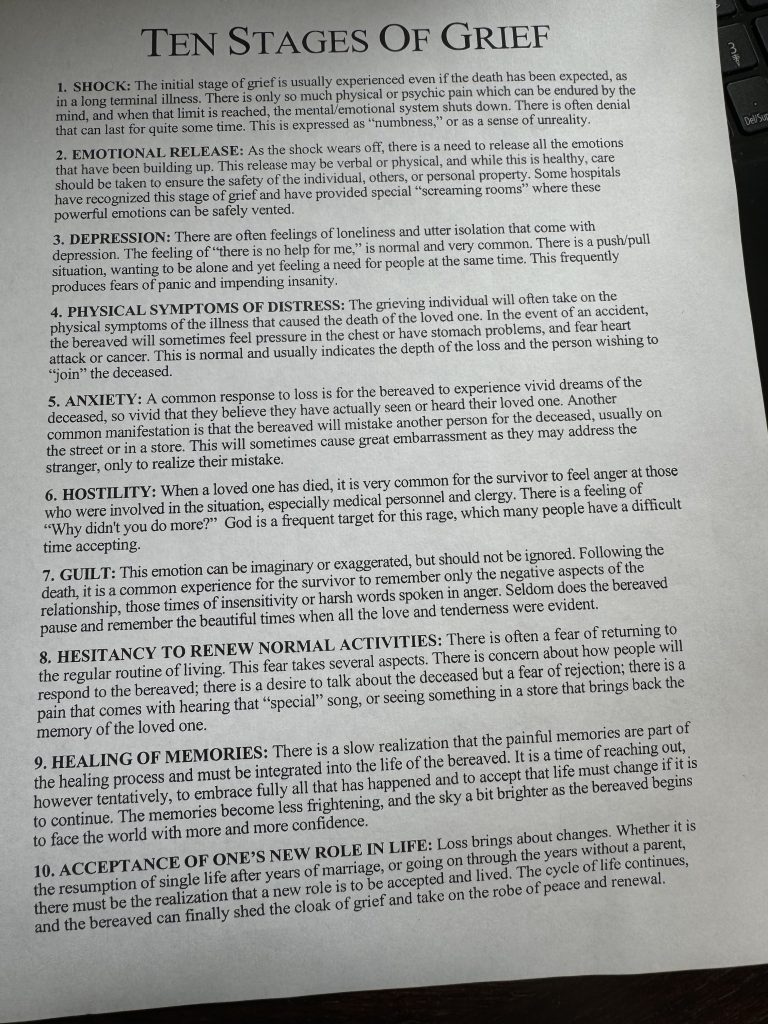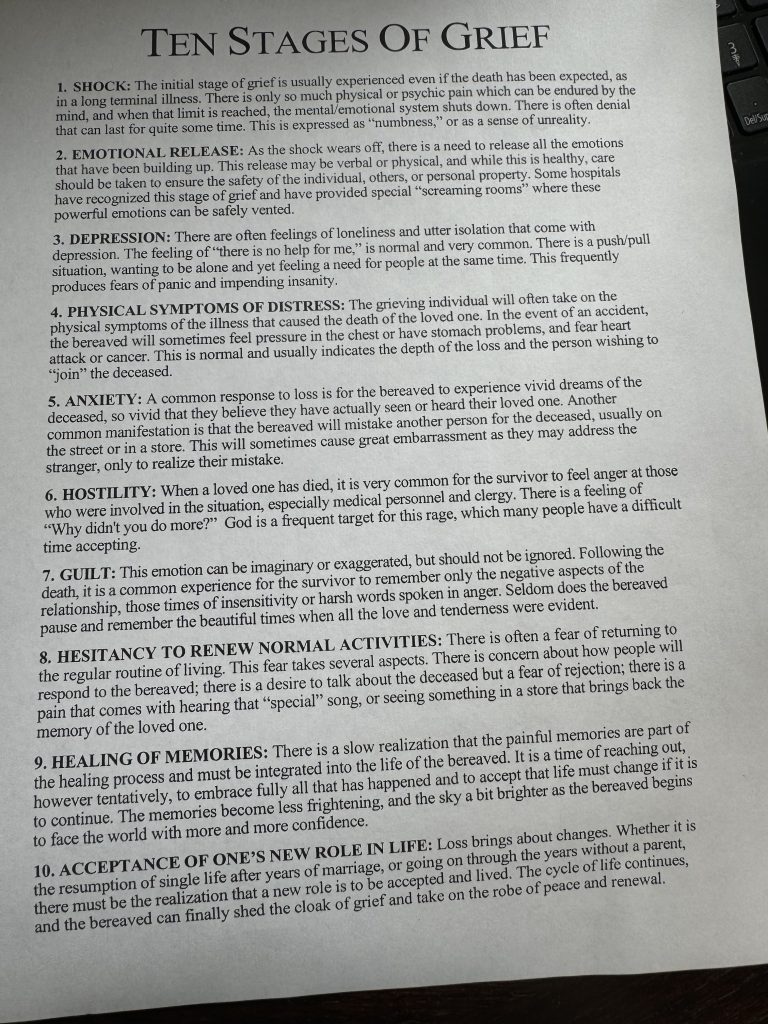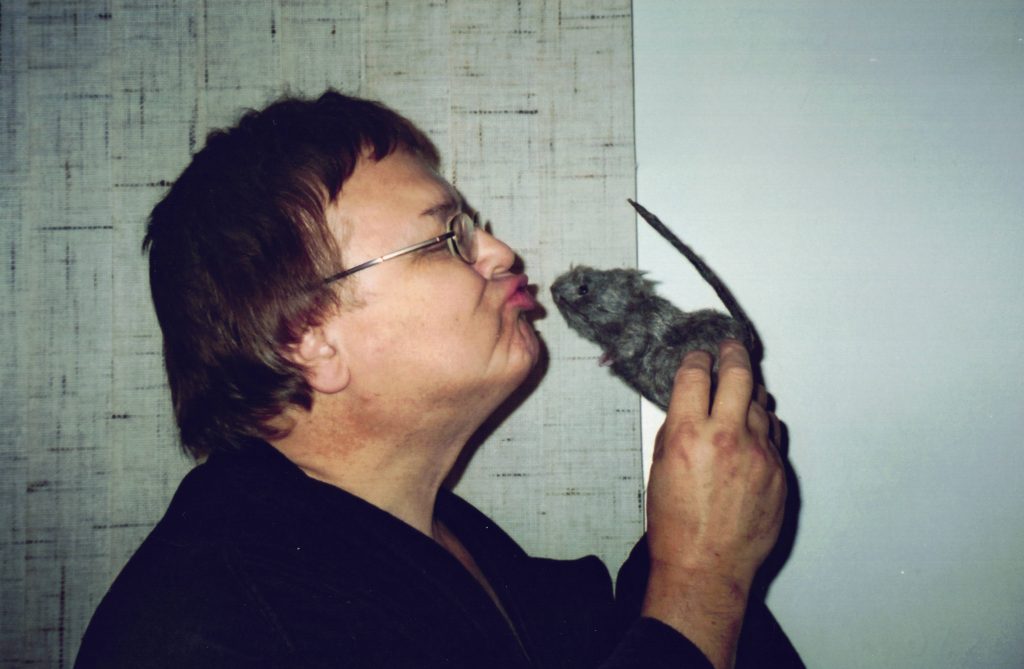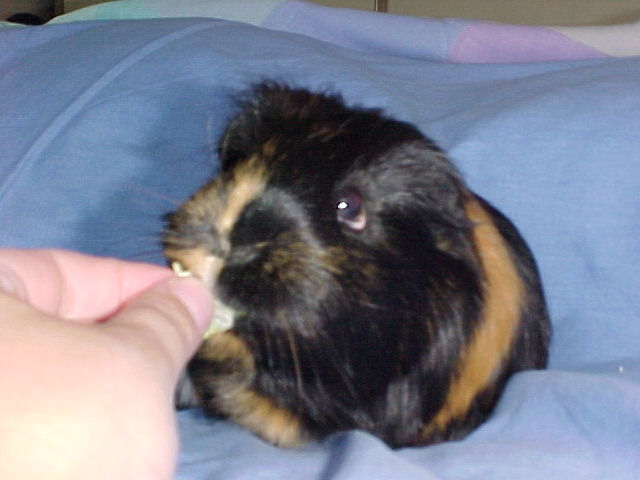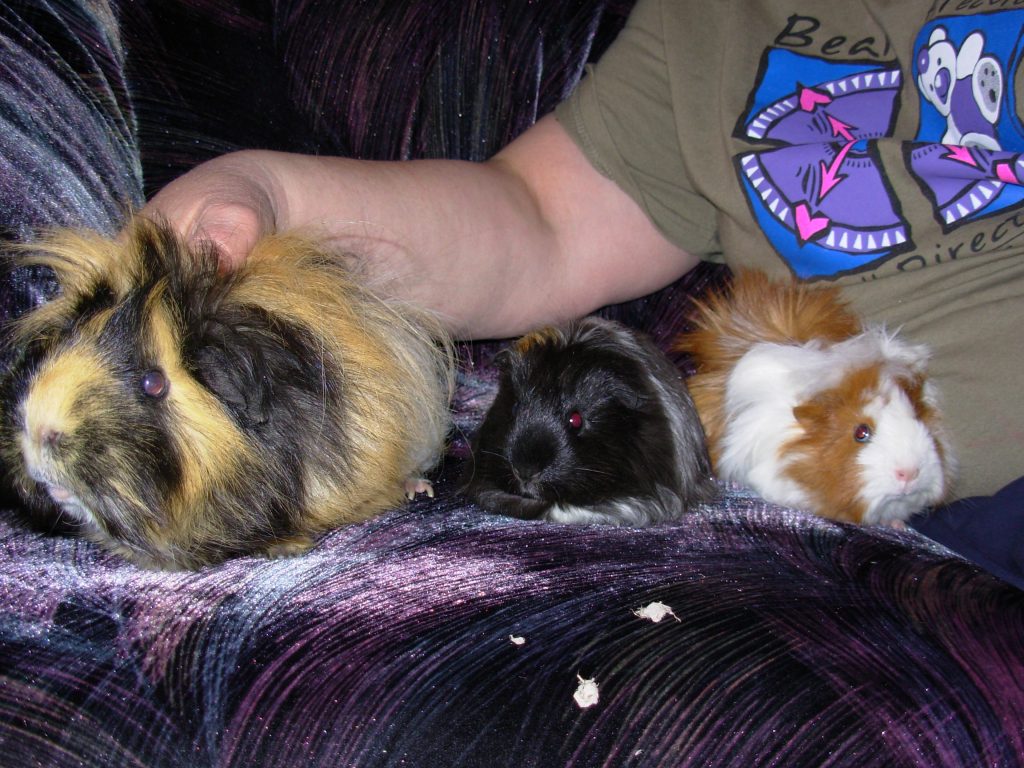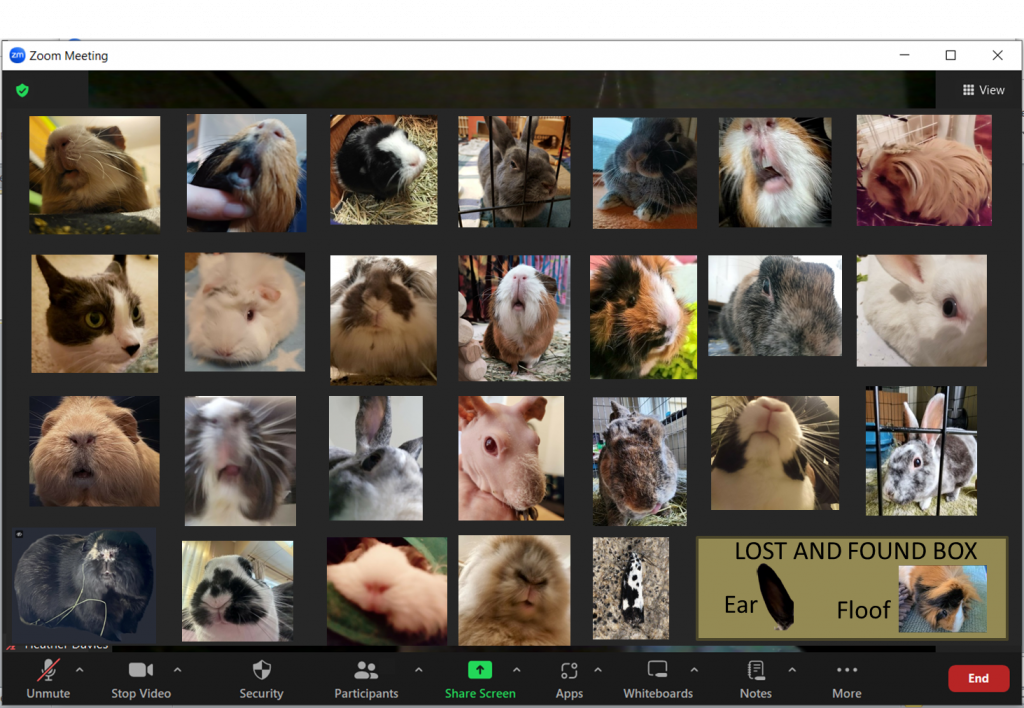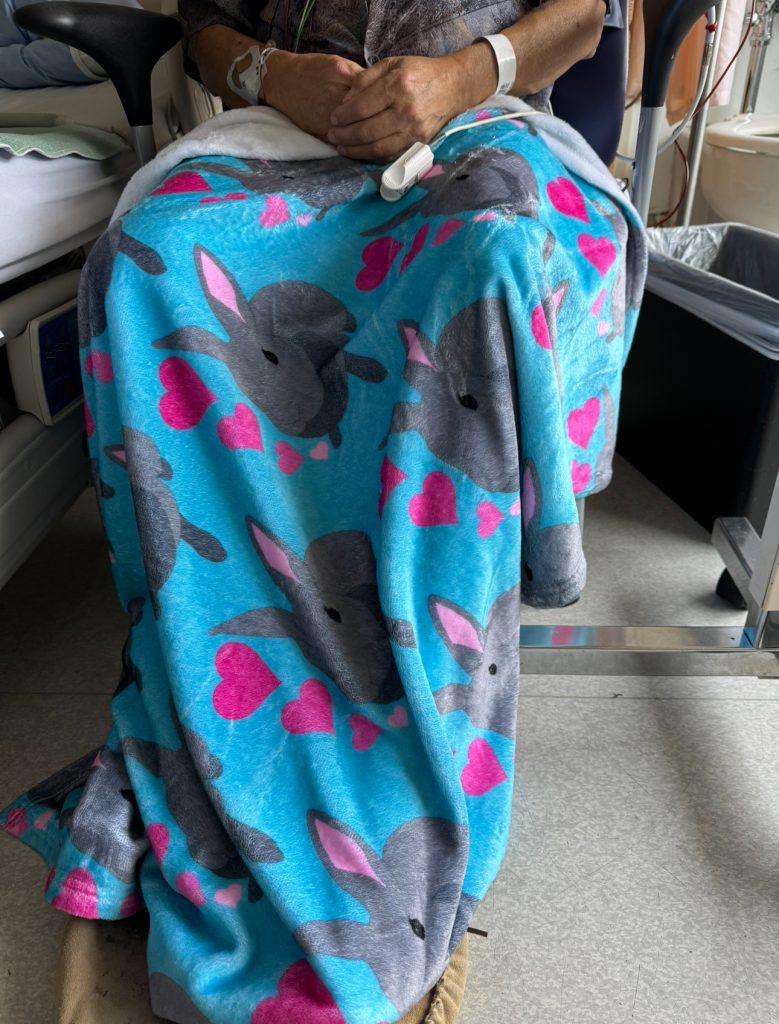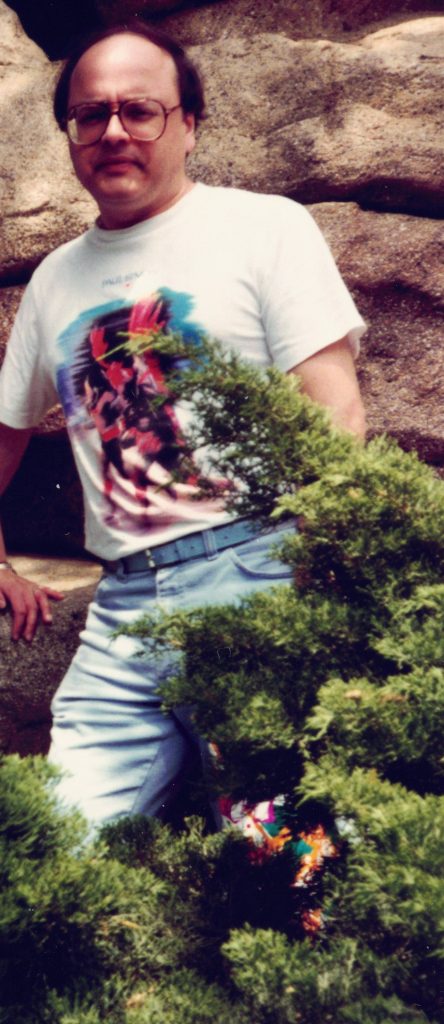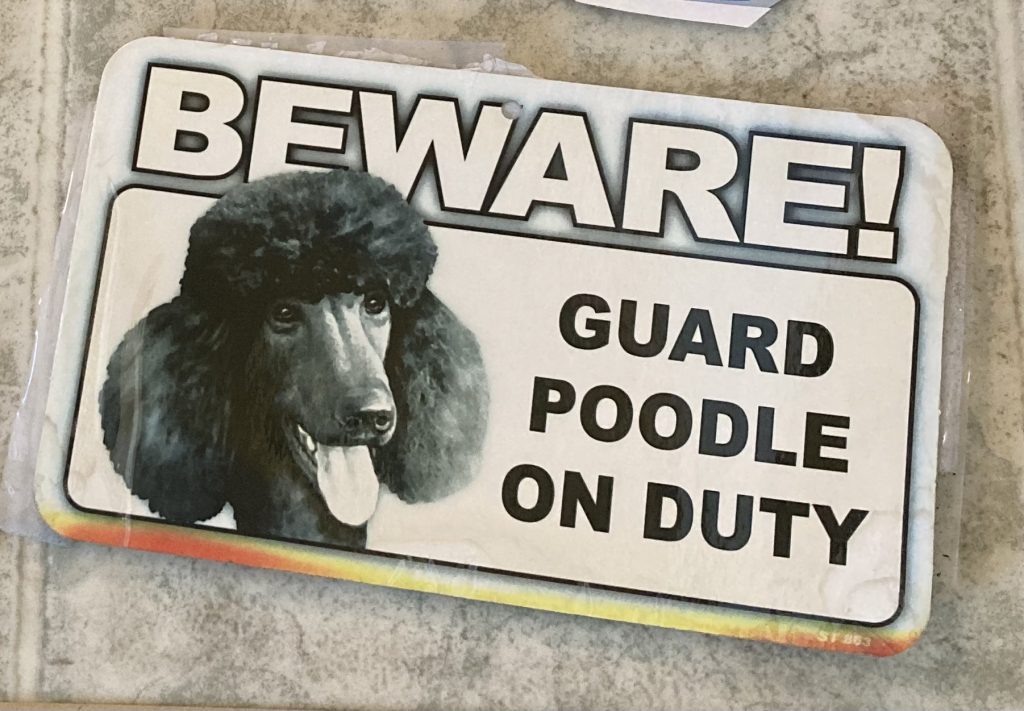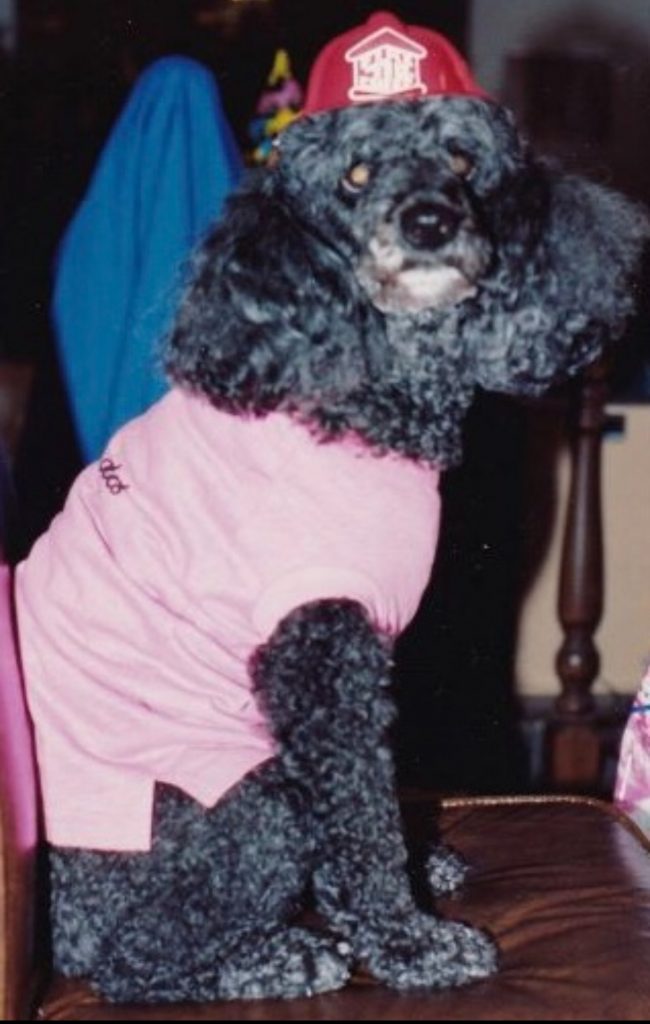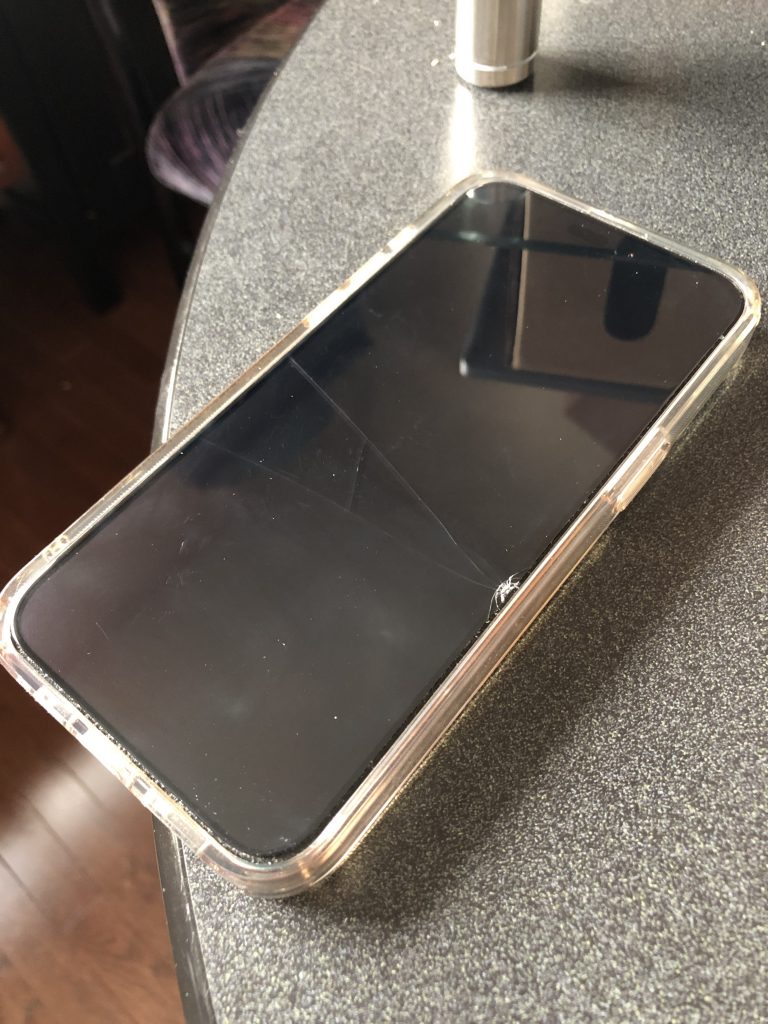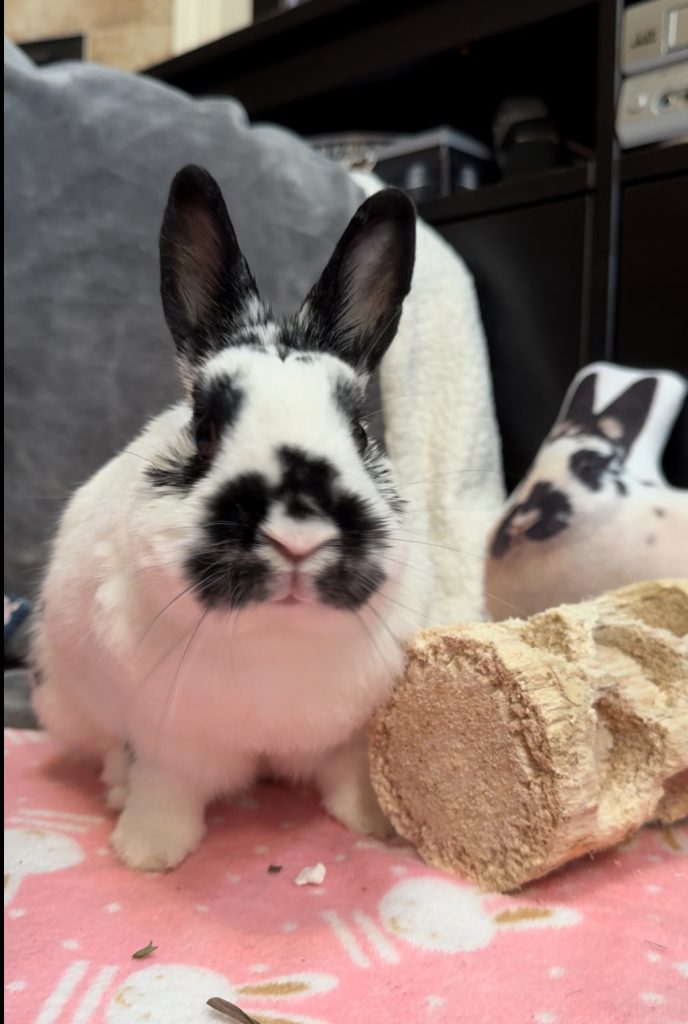“Everything is energy and that’s all there is to it.” – Albert Einstein
Throughout the last month I’ve touched on some of the cataclysmic happenings and portents our family faced in the lead up to Dad’s death, including water and floods, bird motifs, and the Lady of Shalott. I’ve also briefly touched on the failure of the 50+ year old freezer on the day of Dad’s Celebration of Life and burial. There is still much more to share, both in months prior and following July 29.
The freezer failure was one, of many other, house-related failures leading up to Dad’s death. A separate post at some point in the future will need to cover lights burning out and dimes, which were the motifs of my Grandfather and Grandmother Reade’s deaths. Of note, a light burned out a week and a half before Dad passed away in the hallway and I had quickly changed it, trying to ignore the obvious symbolism it represented.
My approach to energy and forces is grounded on a rudimentary understanding in basic theoretical physics concepts, a rich appreciation for mythologies and religion, a grounding in middle eastern concepts, training toward becomming a Red Ribbon Master in Black Tantric Buddhism Feng Shui, an intuitive energetic sense, and lived experience. My knowledge and experience have led to an interesting approach toward the world. I truly believe everything we experience is connected by an intricate tapestry of energy and force. Even a drop of the ocean contains the essence of ocean-ness. So too do we each contain universe-ness. I am reminded of one of my Dad’s favourite quotes by Walt Whitman, words he lived by: “I am large, I contain multitudes”.
There are many things unexplained in this world. Some employ belief and blind faith, others cry foul… I choose keep an open mind, borrowing perspective from Arthur C. Clarke’s “any sufficiently advanced technology is indistinguishable from magic”. We are nowhere near close to understanding the universe in all its multitudes, and just because we can’t explain it, does not mean it is not true.
It is through this lens I view 2024. The severe disruption in time and space to our family, along with such an emotionally tormented time, seemed to ripple outward, both backward and forward in time.
What especially astounds me are how what we would call inanimate objects, but certainly objects of energy, were affected by the disruption. The failure of the freezer after 50+ years the day of Dad’s burial? The coincidence seems far too much. Throughout his over 50 years of his life, that freezer was a constant presence in the background of his life. It was a symbol of Mom and Dad’s union as they were starting out, in fact. Similarly a gorgeous, intricate crystal vase gifted to Mom by Dad, found itself inexplicably smashed, its shards covering the entirely of the garage floor.
The beloved Toyota he so generously and lovingly gave me, as well as what was his present vehicle, a Dodge Caravan, both inexplicably and suddenly needed major servicing, directly before and after his death. Even taps and plumbing within Mom and Dad’s house (yes, more floods, which I hadn’t mentioned previously, because they’ve been since July 29) started failing in the aftermath of his death, leading to more pricey repairs. A fence began failing and collapsing, the posts finally reaching a critical weakness from within. What does it all mean? Did he imprint some undetectable energy supporting some of the items around him, like an imprint of baby geese on its mother? Was there some kind of symbiotic exchange of energy and force on some level not yet understood? I don’t have answers or scientific explanations, but intuiatively it would seem that the disruption and upheaval of Dad’s passing has been so extreme that its effects seem to have gone far beyond simply my family’s private, internal, extreme grief. It continues to reverberate throughout space and time. Such was the magnitude of my Dad’s influence in our lives.

